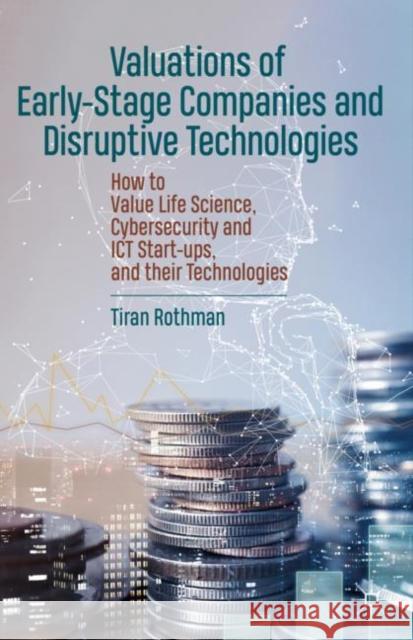Valuations of Early-Stage Companies and Disruptive Technologies: How to Value Life Science, Cybersecurity and Ict Start-Ups, and Their Technologies » książka
topmenu
Valuations of Early-Stage Companies and Disruptive Technologies: How to Value Life Science, Cybersecurity and Ict Start-Ups, and Their Technologies
ISBN-13: 9783030388461 / Angielski / Twarda / 2020 / 219 str.
Valuations of Early-Stage Companies and Disruptive Technologies: How to Value Life Science, Cybersecurity and Ict Start-Ups, and Their Technologies
ISBN-13: 9783030388461 / Angielski / Twarda / 2020 / 219 str.
cena 261,02
(netto: 248,59 VAT: 5%)
Najniższa cena z 30 dni: 250,57
(netto: 248,59 VAT: 5%)
Najniższa cena z 30 dni: 250,57
Termin realizacji zamówienia:
ok. 22 dni roboczych
Dostawa w 2026 r.
ok. 22 dni roboczych
Dostawa w 2026 r.
Darmowa dostawa!
Kategorie:
Kategorie BISAC:
Wydawca:
Palgrave MacMillan
Język:
Angielski
ISBN-13:
9783030388461
Rok wydania:
2020
Wydanie:
2020
Ilość stron:
219
Waga:
0.50 kg
Wymiary:
23.88 x 19.56 x 1.78
Oprawa:
Twarda
Wolumenów:
01











